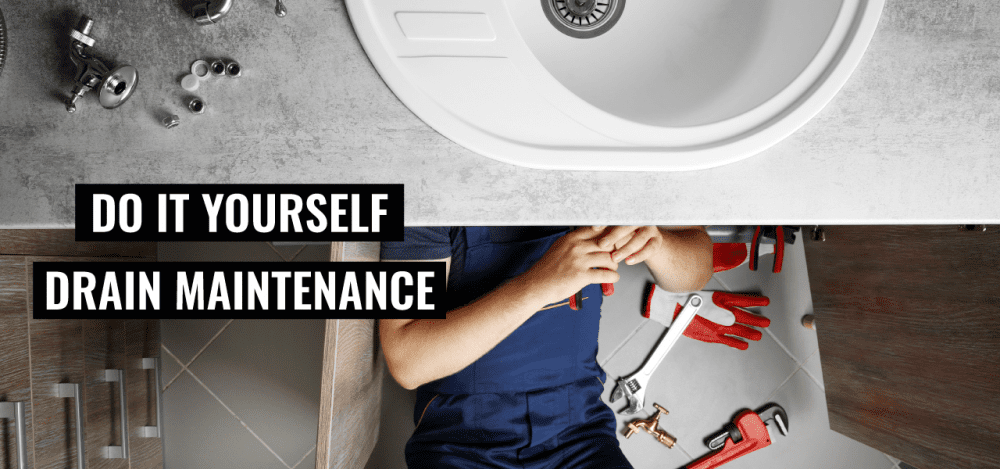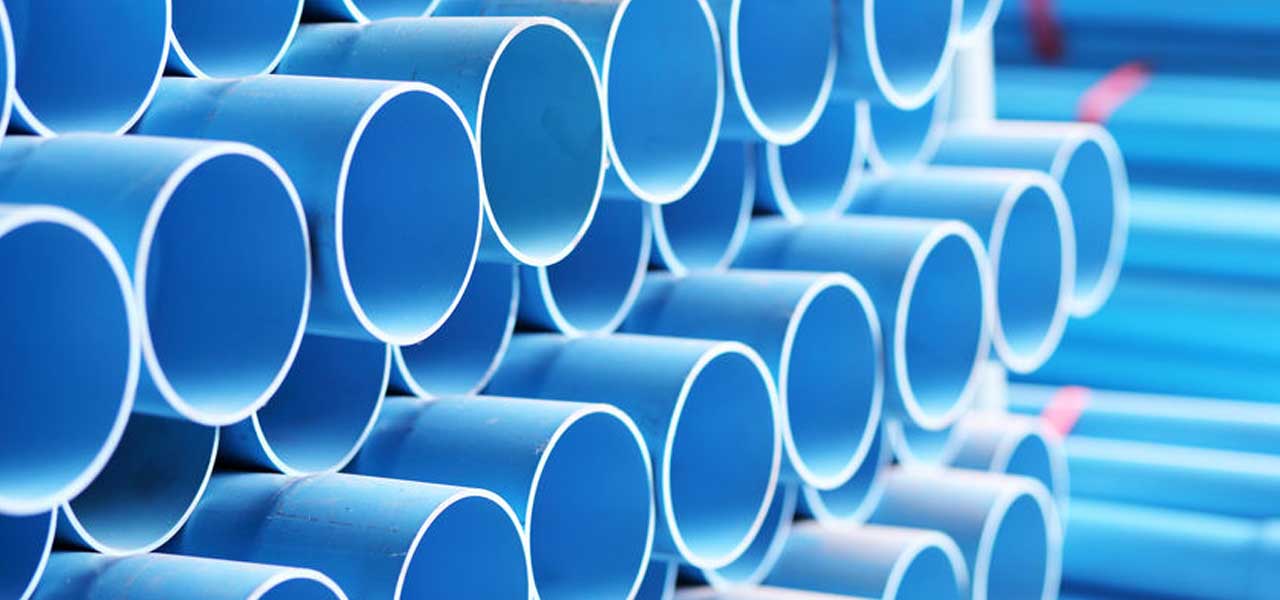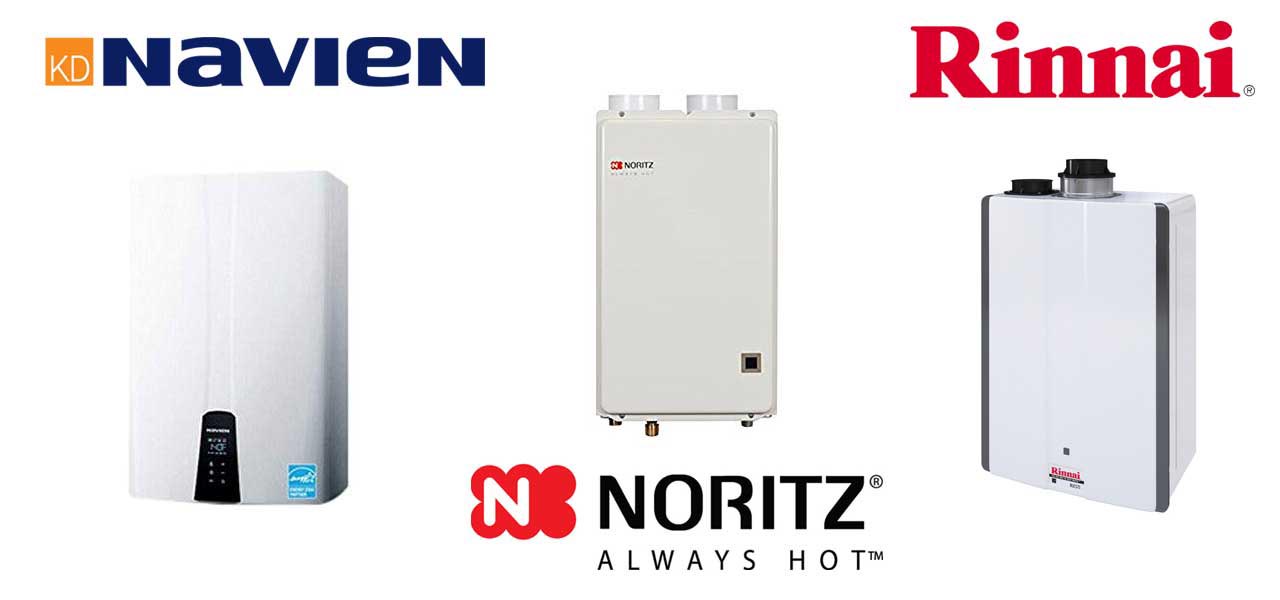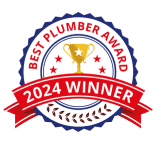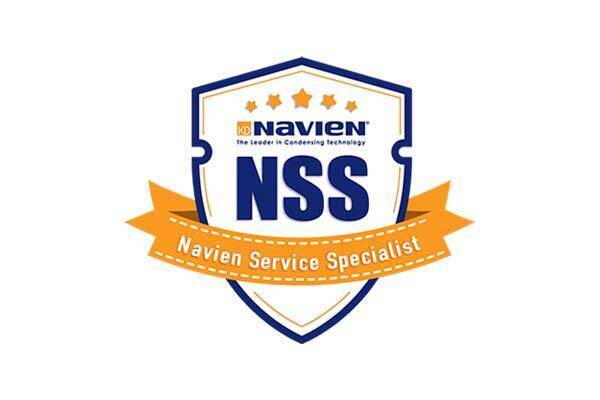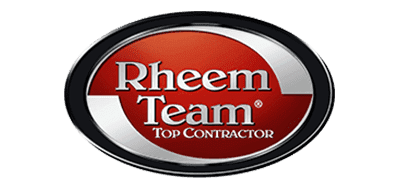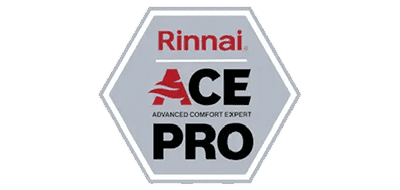Maintaining free-flowing drains is one of the essential do-it-yourself tasks a homeowner can perform. By keeping troublesome clogs from blocking the drain and sewer pipes, you can extend your existing plumbing life by decades. The residue from everything we put into our drains builds up over time, leaving grease and soap clinging to your pipes’ walls and becoming a “catch-all” for various kinds of nasty stuff like hair, food particles, and dirt.
The most likely offender in your kitchen sink when it comes to gum up your drains is the garbage disposal. It’s not that the garbage disposal itself is guilty of anything; instead, it is often the victim of “operator error.” Most of us are more than a little careless about what we put into our garbage disposals, usually stuffing chicken skin, pasta, rice, and other sticky food products into our drains, a recipe for disaster. In bathrooms, shower and tub drains are notorious for collecting hair just under the drain cover, which then attracts soap and shampoo residue, and dirt.
When Is The Best Time To Think About Drain Maintenance?
The best answer is “anytime,” as basic drain maintenance is something any homeowner can do every day. Being mindful of what you put down your garbage disposal will go a long way toward preventing the need for costly drain cleaning service from a plumbing company. To avoid clogs in your shower and bathtub drains, remove the drain cover and clean out any hair or debris that may have collected. To keep your clean drains flowing freely, try installing a silicone drain protector to stop hair from entering the drain at all.
What Can I Do To Prevent Drain And Sewer Line Clogs?
For those who want to take a more proactive approach when it comes to keeping a maintenance schedule for your pipes, Nick’s Plumbing & Air Conditioning recommends using a biologic drain cleaner. Enzyme-based drain cleaners like Bio-One™ use naturally occurring enzymes to dissolve grease, hair, and other residues that collect in your drains. The benefit of a once-a-month biologic drain cleaner application is that there are no harsh chemicals like lye or phosphoric acid to eat away at your pipes. In addition to the damage they can cause to your plumbing, chemical-based drain cleaners can splash and cause severe chemical burns and various illnesses from the toxic fumes they emit.
How Do I Know If I Have A Drain Or Sewer Line Issue?
The first sign of having drain problems is usually a slow-to-empty kitchen sink, bathroom sink, or shower drain. Many of these slow-drainage issues can be remedied using a plunger or a small plumbing snake to pull out any debris. Once this is done, if the initial problem is quick to recur, it indicates a more significant problem somewhere further down the drain line.
Clogged drains and sewer lines are not only inconvenient; they can lead to raw sewage backing up into your home not only through sinks and bathtubs but from under your floors and inside of your walls. As water and other debris build up in a clogged pipe, the fittings along the pipe or the pipe itself will burst sending hundreds of gallons of water and raw sewage into your home’s crevices. The cost of the remediation and repair of a house damaged by a raw sewage leak can quickly run into the tens of thousands of dollars.
Protect yourself from the unnecessary stress and expense of drain and sewer line failures by taking drain maintenance into your own hands. Using the tips we’ve given you in this blog, along with a healthy dose of common sense, should keep you from needing a professional plumber’s services to keep your drains clear.
If you’ve been noticing slower drains or toilets that do not entirely flush around your home, call Nick’s Plumbing and Air Conditioning for a cost evaluation or second opinion.
Call Today; We’re on the Way!




